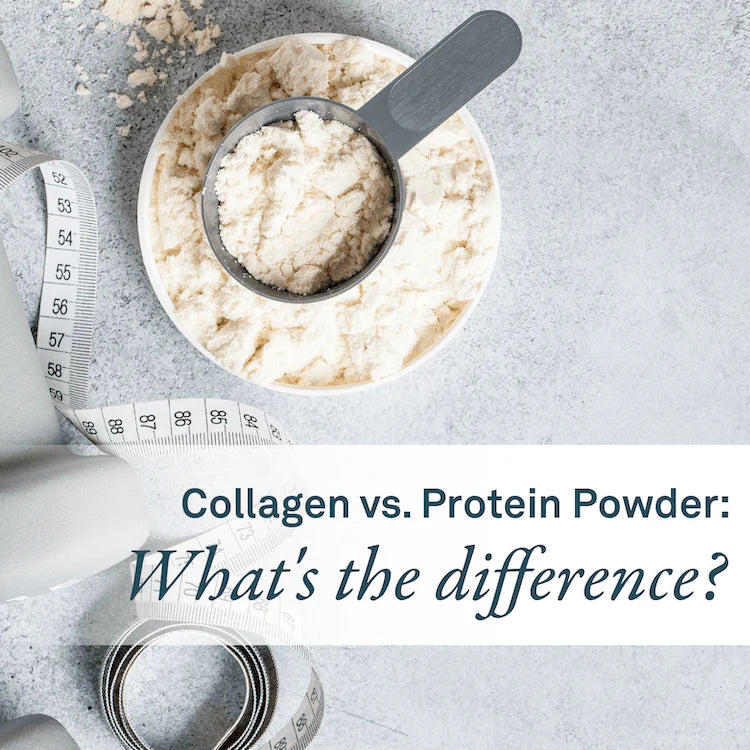Whey protein and bovine collagen protein serve different purposes and have unique benefits, so the choice between them often depends on your specific health and fitness goals. Here’s a breakdown of their differences and factors to consider:
Differences Between Whey Protein and Bovine Collagen Protein
-
Source:
- Whey Protein: Derived from milk during the cheese-making process, whey protein is a complete protein that contains all nine essential amino acids.
- Bovine Collagen Protein: Sourced from the connective tissues, bones, and skin of cows, collagen is not a complete protein. It primarily contains amino acids like glycine, proline, and hydroxyproline, which are particularly beneficial for skin, joints, and connective tissues.
-
Amino Acid Profile:
- Whey Protein: High in branched-chain amino acids (BCAAs), especially leucine, which is critical for muscle protein synthesis and recovery.
- Bovine Collagen Protein: Lacks significant amounts of BCAAs but is rich in specific amino acids that support joint health and skin elasticity.
-
Digestibility and Absorption:
- Whey Protein: Quickly digested and absorbed, making it ideal for post-workout recovery.
- Bovine Collagen Protein: Digested more slowly and can provide longer-lasting benefits for joint and skin health.
-
Health Benefits:
- Whey Protein: Primarily supports muscle growth, recovery, and overall protein intake.
- Bovine Collagen Protein: Promotes skin health, joint function, and may improve gut health and reduce signs of aging.
Factors Influencing Your Choice
-
Fitness Goals:
- Choose whey protein if your primary goal is muscle gain, recovery, or overall protein supplementation.
- Opt for bovine collagen protein if you're focusing on joint health, skin elasticity, or general connective tissue support.
-
Dietary Preferences:
- If you're lactose intolerant or have a dairy allergy, you might prefer bovine collagen, which is generally low in lactose.
- For vegans or vegetarians, neither option is ideal, but alternatives like plant-based proteins or vegan collagen boosters might be considered.
-
Overall Nutrition:
- Consider your overall protein intake. Whey is beneficial for meeting daily protein needs, while collagen can complement your diet by providing specific benefits without a complete amino acid profile.
-
Timing:
- Use whey protein post-workout for muscle recovery due to its fast absorption.
- Collagen can be taken at any time and may be beneficial when mixed into smoothies, coffee, or other foods throughout the day.
-
Health Conditions:
- Individuals with specific joint issues or skin concerns might prioritize collagen for its targeted benefits, while those focusing on athletic performance might lean toward whey.
Ultimately, the choice between whey protein and bovine collagen protein depends on your personal health goals, dietary needs, and lifestyle preferences. Some people even choose to incorporate both into their diet to benefit from the unique advantages each offers.

